Who might buy Channel 4?
Broadcaster to go up for sale as senior conservatives criticise decision
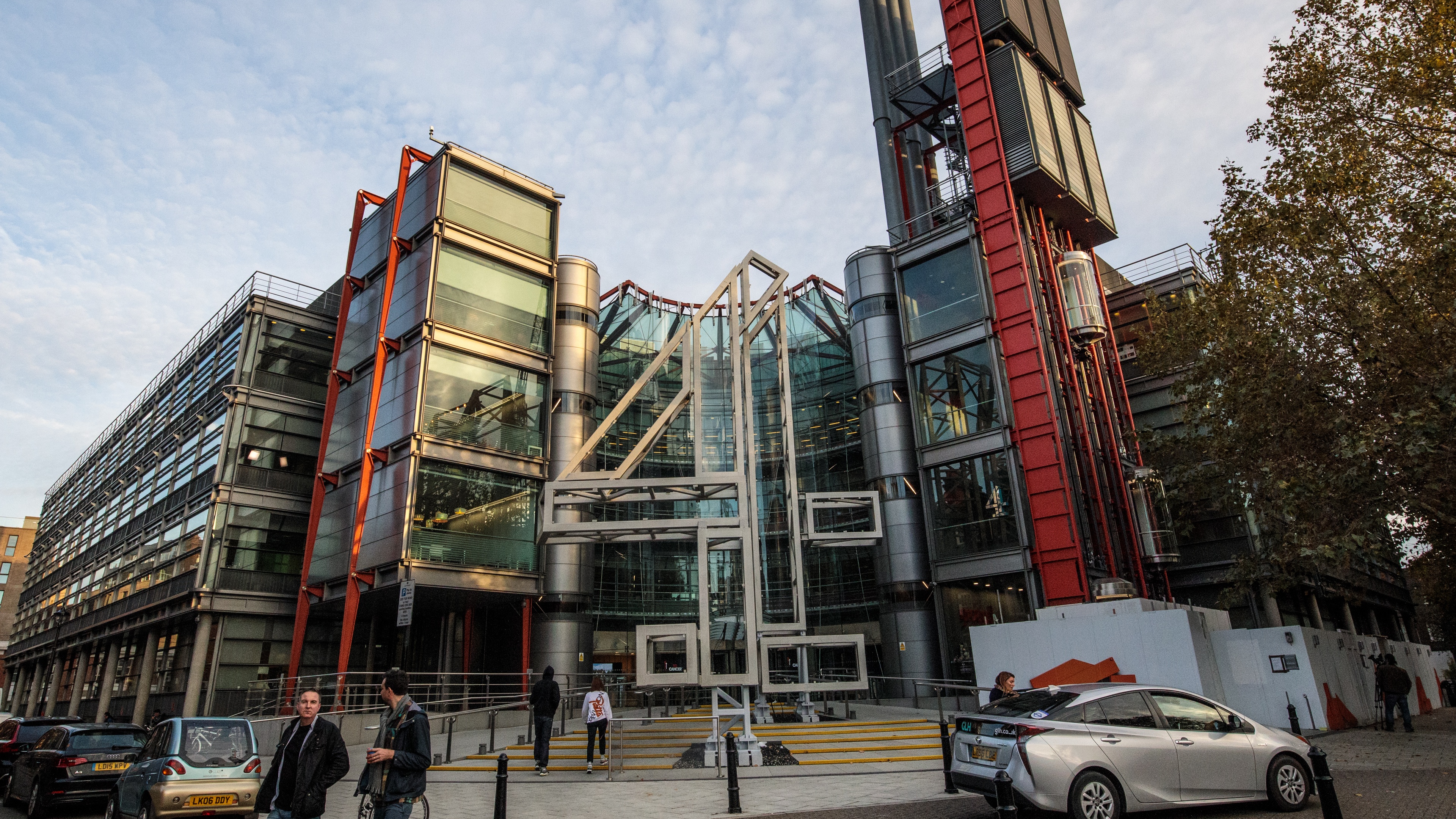
A free daily email with the biggest news stories of the day – and the best features from TheWeek.com
You are now subscribed
Your newsletter sign-up was successful
Channel 4 is to be sold by the government before the next general election after ministers decided privatisation was the best way to “sustain” the country’s public service broadcasting sector.
Culture Secretary Nadine Dorries said the privatisation of Channel 4 will give the broadcaster “the tools and freedom to flourish and thrive as a public service broadcaster long into the future”.
“Channel 4 rightly holds a cherished place in British life and I want that to remain the case,” she added. “I have come to the conclusion that government ownership is holding Channel 4 back from competing against streaming giants like Netflix and Amazon.”
The Week
Escape your echo chamber. Get the facts behind the news, plus analysis from multiple perspectives.

Sign up for The Week's Free Newsletters
From our morning news briefing to a weekly Good News Newsletter, get the best of The Week delivered directly to your inbox.
From our morning news briefing to a weekly Good News Newsletter, get the best of The Week delivered directly to your inbox.
The broadcaster described the funding shake-up as “disappointing”, having warned last year of a “real risk” to its programming when the government began a privatisation consultation. A spokesperson yesterday said that “significant public interest concerns” had not been formally recognised before the decision was made.
‘Very unconservative’
Channel 4 has been considered for privatisation by the governments of Margaret Thatcher, John Major and Tony Blair. And in 2016, it was reported that the future of the channel was again being looked into by the government.
As it stands, Channel 4 has been commercially funded since its creation in 1982, so unlike the BBC it gets no financial support from taxpayers. The privatisation of the network will result in ownership being transferred from the government to a private company or individuals.
Over 90% of the network’s income currently comes from “selling TV advertising in the shows it broadcasts”, The Guardian said. “The remaining 9% of income comes from operations including 4Studios, which creates digital content for advertisers, and new non-advertising partnership deals.”
A free daily email with the biggest news stories of the day – and the best features from TheWeek.com
It is not profitable, but its “remit has never been to make a profit”, the paper added. The money it makes is instead “reinvested in commissioning and buying programmes from mostly British TV production companies, helping to support a key national industry”.
The government said last year that the channel was “vulnerable to unstable advertising markets”, Reuters reported, arguing that “a move into private ownership with a changed remit could help safeguard its future”.
However, a raft of cultural figures have savaged the plans, with Armando Iannucci, the writer of the Alan Partridge character and the political sitcom The Thick of It, tweeting: “Our TV industry is a British success story. Channel 4 profits go back into the industry: selling it off will give them to American shareholders.”
The government is now “facing a backlash” from senior Conservatives over the “contentious decision”, said The Independent. Chair of the Foreign Affairs Committee Tom Tugendhat told Times Radio: “I remain to be convinced that this is going to achieve the aim the government has set out”.
Former cabinet minister Damian Green also said the decision was “very unconservative” and the result of “politicians and civil servants thinking they know more about how to run a business than the people who run it”.
Runners and riders
When the consultation process began, Culture Minister John Whittingdale told Times Radio that he did not “by any means rule out” the station being bought by a company such as Netflix or Amazon. “We think that it is sensible to look at alternative ownership models, to make sure that Channel 4 is still able to invest in programme content, to compete with these other services,” he said.
Whittingdale also told the radio station that a consultation would set ground rules for potential buyers.
“There would be competition issues if a very strongly established broadcaster wanted to merge, and that’s something which automatically is a matter of competition, but I don’t by any means rule out existing streaming services or indeed anybody else,” he said.
Discover is “the industry player most likely to buy Channel 4, with the least regulatory hurdles”, said The Guardian. The company “expressed interest” in the broadcaster in 2016 and “continues to be highly active in the UK market”.
But ITV has been “lobbying Whitehall about the possibility of a ‘national champion’ takeover, designed to take the political fallout of yet another buyout of a UK ‘crown jewel’ by a foreign owner”, the paper continued. The move would “help to safeguard” ITV’s own future “by giving it a much bigger scale,” said The Telegraph.
The paper also listed Sky and Amazon as potential bidders who already have commercial deals in place with the broadcaster. Paramount has also been “held up as an example by ministers as the kind of ‘deep pocketed’ backer that could take control”.
There will be “significant interest” from private equity buyers too, The Guardian added.
A done deal?
Channel 4’s chief executive Alex Mahon responded to the news of the sale by stating that there will be a “long process ahead”.
The broadcaster’s privatisation is “not yet” a done deal, said The Times. Ministers will need to pass legislation before a sale can happen, “setting the state for a showdown in the Commons”.
And “until the sale is made, it is unclear exactly what a privatised Channel 4 could look like”, said Metro. The broadcaster’s said yesterday that it remains “legally committed to its unique public-service remit”.
“The focus for the organisation will be on how we can ensure we deliver the remit to both our viewers and the British creative economy across the whole of the UK,” the added.
-
 Political cartoons for February 18
Political cartoons for February 18Cartoons Wednesday’s political cartoons include the DOW, human replacement, and more
-
 The best music tours to book in 2026
The best music tours to book in 2026The Week Recommends Must-see live shows to catch this year from Lily Allen to Florence + The Machine
-
 Gisèle Pelicot’s ‘extraordinarily courageous’ memoir is a ‘compelling’ read
Gisèle Pelicot’s ‘extraordinarily courageous’ memoir is a ‘compelling’ readIn the Spotlight A Hymn to Life is a ‘riveting’ account of Pelicot’s ordeal and a ‘rousing feminist manifesto’
-
 Jeff Bezos: cutting the legs off The Washington Post
Jeff Bezos: cutting the legs off The Washington PostIn the Spotlight A stalwart of American journalism is a shadow of itself after swingeing cuts by its billionaire owner
-
 ‘Netflix needs to not just swallow HBO but also emulate it’
‘Netflix needs to not just swallow HBO but also emulate it’instant opinion Opinion, comment and editorials of the day
-
 Paramount fights Netflix for Warner as Trump hovers
Paramount fights Netflix for Warner as Trump hoversSpeed Read Paramount Skydance is seeking to undo Netflix’s purchase of Warner Bros. Discovery
-
 Paramount, Comcast, Netflix bid for WBD
Paramount, Comcast, Netflix bid for WBDSpeed Read The outcome of this bidding war ‘could alter the trajectory of the entertainment business’
-
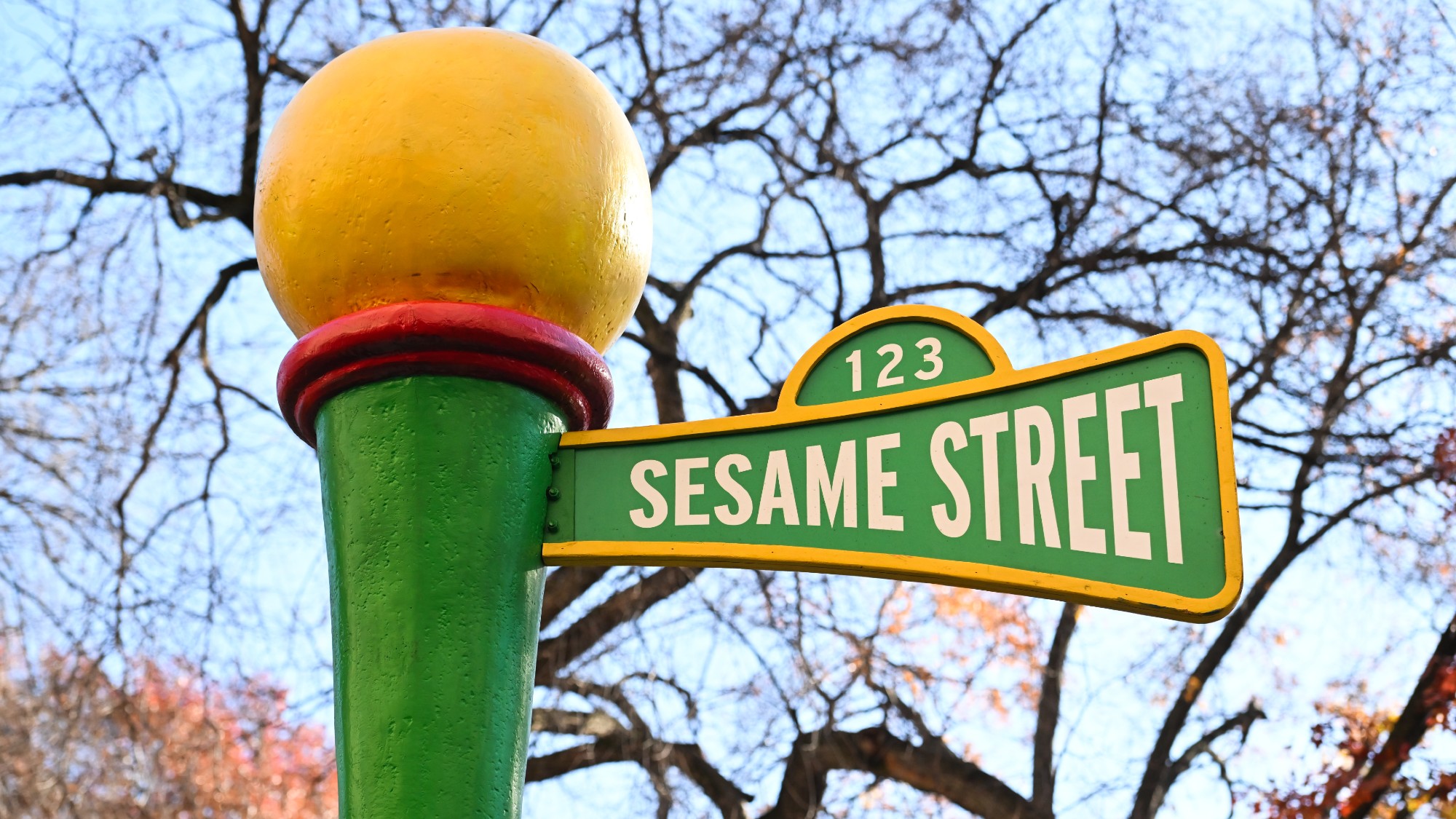 What's next for 'Sesame Street?'
What's next for 'Sesame Street?'Today's Big Question The venerable children's show is looking for a new home
-
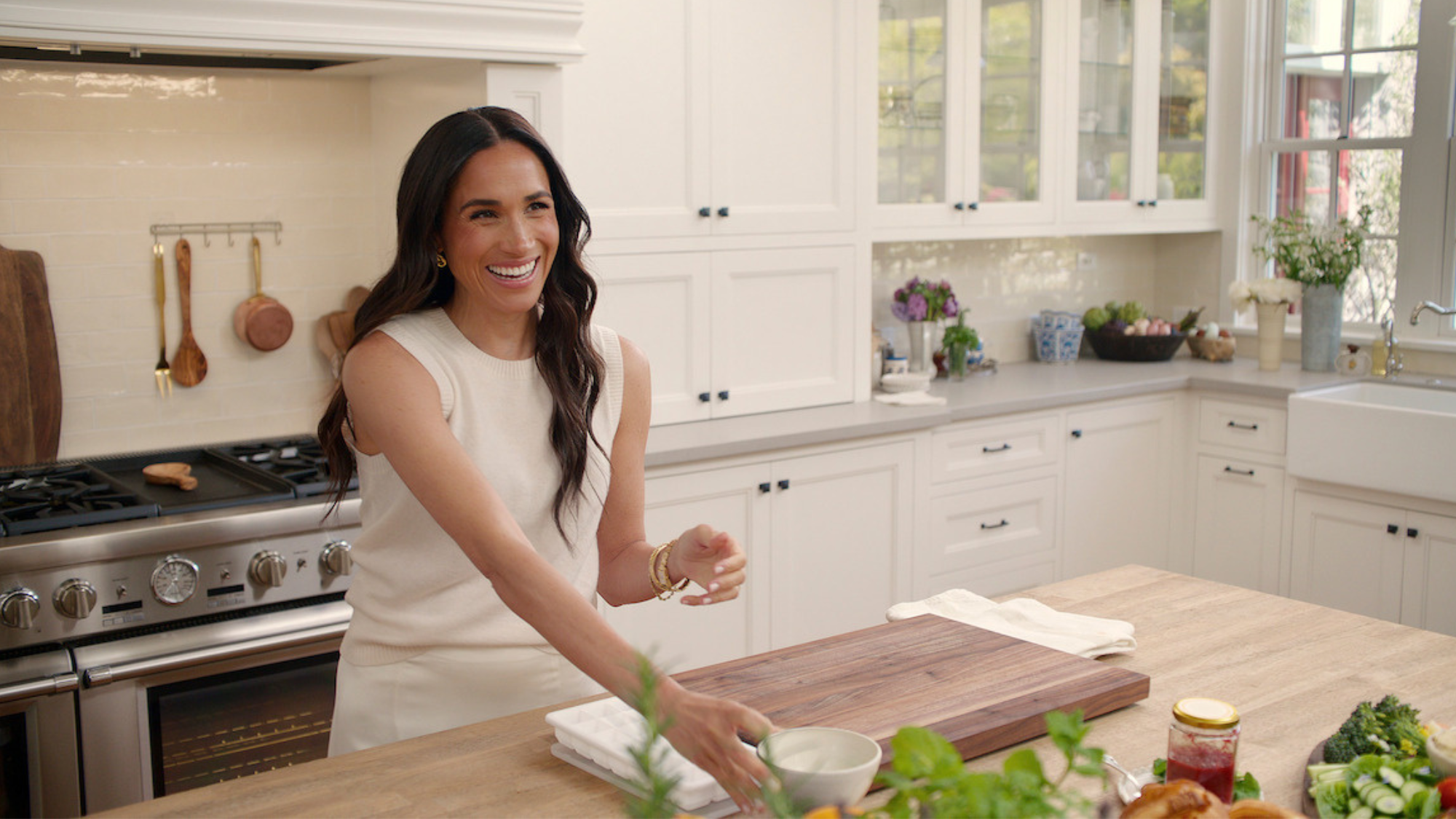 Meghan Markle's Netflix show: 'bang on the money' or hopelessly 'cheugy'?
Meghan Markle's Netflix show: 'bang on the money' or hopelessly 'cheugy'?Talking Point The Duchess of Sussex relaunched her Instagram just in time for the trailer for her new lifestyle series
-
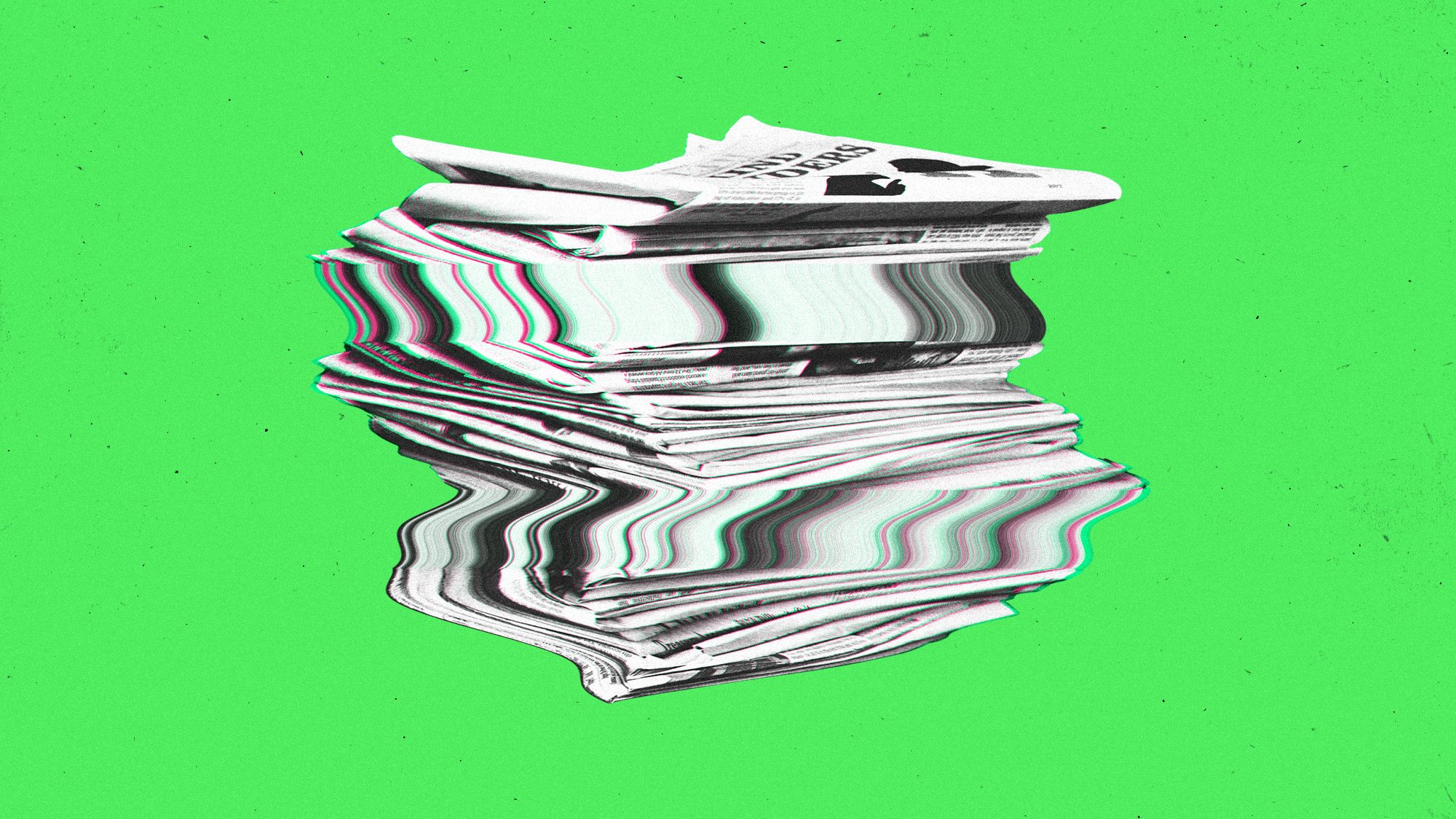 2024: the year of legacy media travails
2024: the year of legacy media travailsIn the Spotlight From election criticism to continued layoffs, the media has had it rough in 2024
-
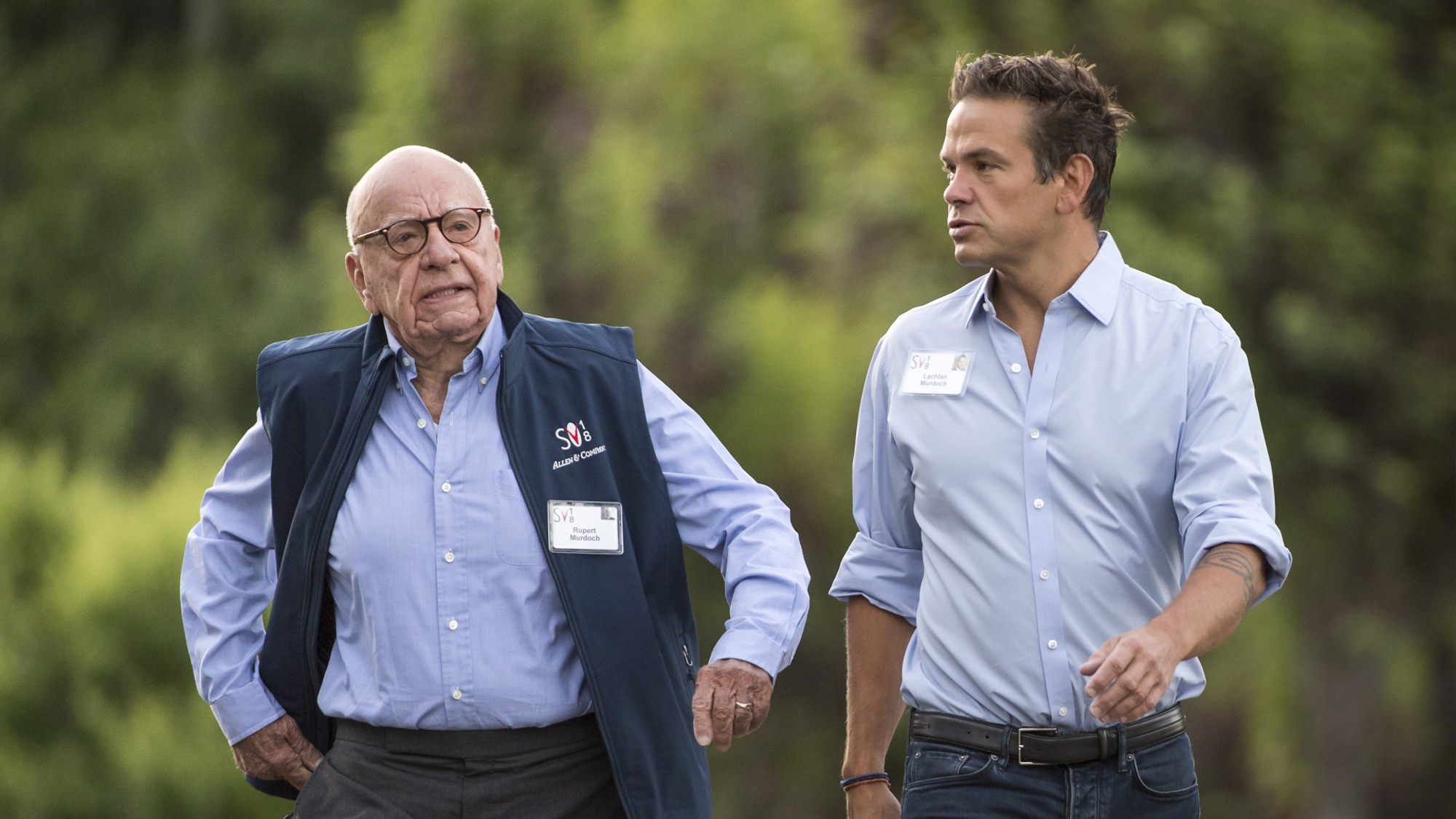 Rupert Murdoch is in a 'Succession'-style rift with his kids over his media empire
Rupert Murdoch is in a 'Succession'-style rift with his kids over his media empireThe Explainer Murdoch and his son Lachlan are attempting to maintain his empire's conservative swing following his eventual death